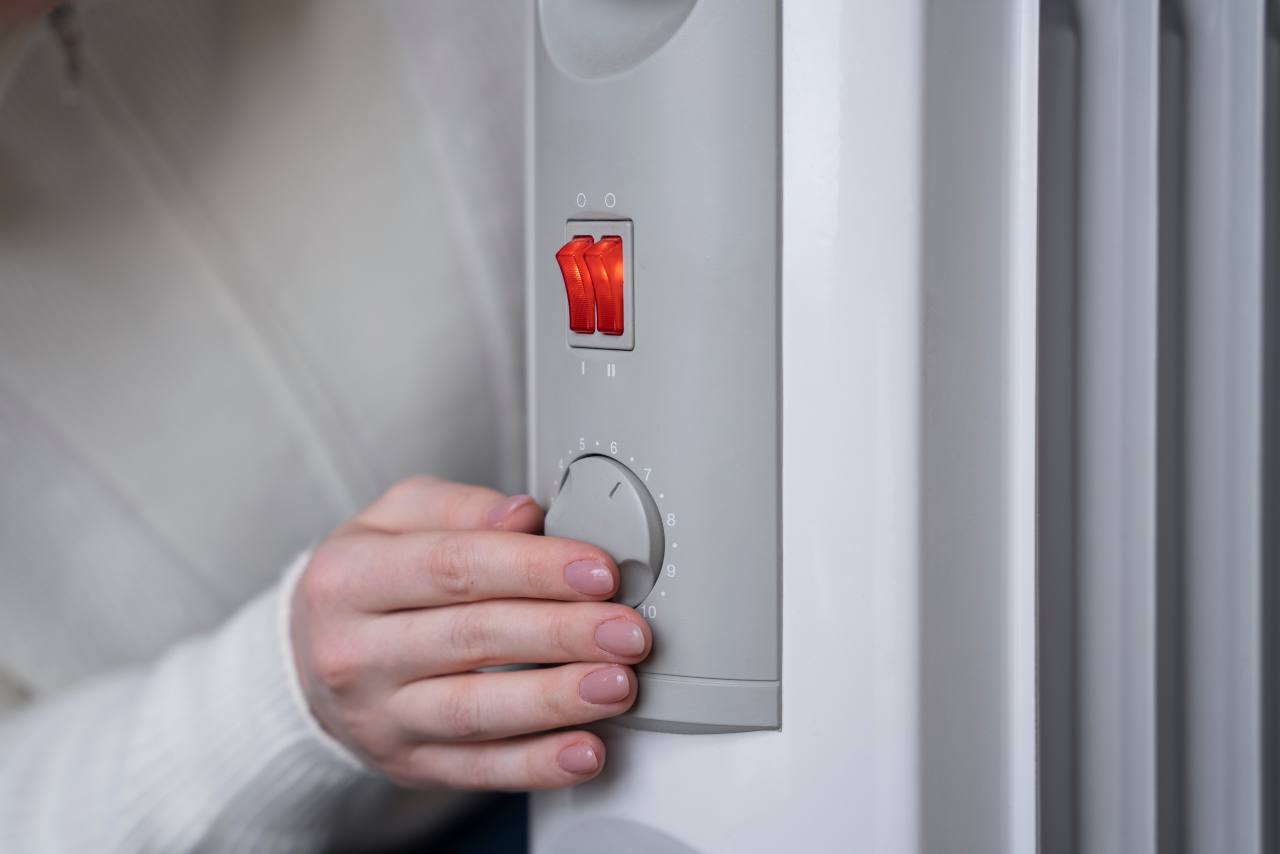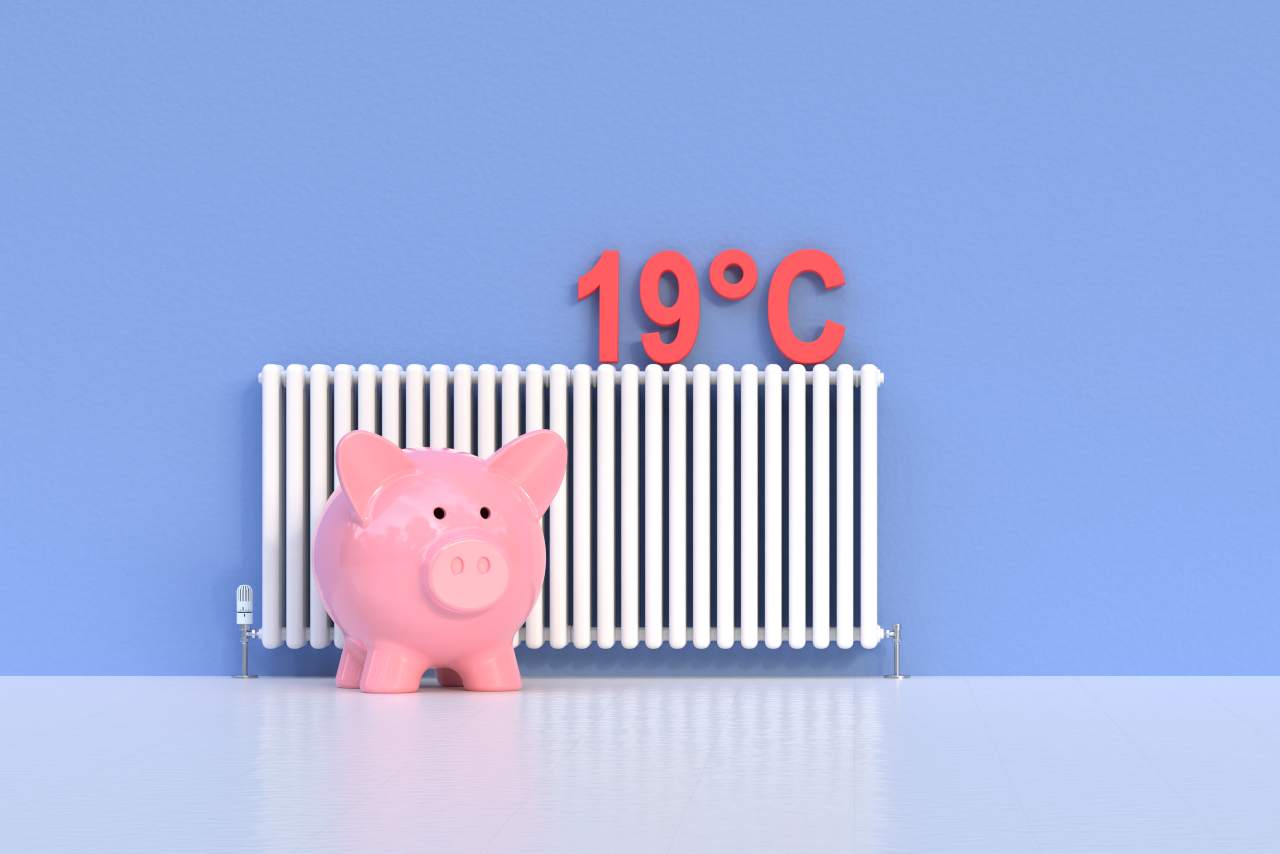Autumn is running out and the cold months are about to arrive, families are already taking care to implement all the changes to ensure savings in their bills. Among the anti-waste regulations there is also the obligation not to exceed 19 ° C at home, but what are the health risks?
Now we only talk about savings, expenses, costs and increases, without dwelling too much on the state of health that citizens will have during the cold months. What do the experts say about the government ordinance that everyone will be obliged to comply with?
Government regulation
The context in which Italy currently finds itself is certainly not simple and from the news that arrives it can be deduced that the situation will not improve in the short term. The measures taken by the outgoing government and the new center-right government are all focused on combating emergencies related to the lack of gas and raw materials.
In fact, many of the products that arrived from abroad were reduced in quantity or even blocked, especially the supplies that came from the areas now at war. This has led to higher prices for fuel, utilities, food and basic necessities.
To ration the available gas, very clear rules have been laid down which, if applied correctly, will lead to savings in truly remarkable quantities of cubic meters of gas.
The rules will reduce the days of switching on the heaters, switching them on a week later and switching them off a week in advance. Furthermore, temperatures should not exceed 19 ° C and it is precisely this aspect that worries people, but what do experts say about the health risks?

What is the risk of heating to 19 ° C
The professor. Fabrizio Pregliasco, Scientific Director of the Influenza Observatory, Associate Professor of General and Applied Hygiene at the Virology Section of the Department of Biomedical Sciences for Health of the University of Milan and Health Director of IRCCS Galeazzi Sant ‘Ambrogio Hospital in Milan, was questioned on the matter and explained: “The drop or increase in external temperature is in fact something we immediately feel on our body. A decrease in temperatures has an effect above all on the cardiovascular system: our body reacts by increasing blood pressure and heart rate.
Living in an environment that is too cold on a regular basis has been shown to have a negative effect on health and living in homes where the thermostat reads too low is known to cause an increase in illnesses and deaths during the winter, but in the transition from 20 to 19 degrees the sensitivity is high, but the health risks are limited. Indeed, in reality, keeping one degree less at home, not only saves money but is the perfect temperature.
In general, therefore, no fear in view of a tightening that appears necessary to meet the cost of gas, which has skyrocketed. If you are cold, just dress a little heavier. The only ones who could be affected in terms of health are fragile subjects, starting with the elderly. As we age, our thermoregulation system deteriorates: this is why many elderly people feel the cold more and can risk hypothermia without realizing it. It is therefore to them that we must pay more attention in the cold months. “


